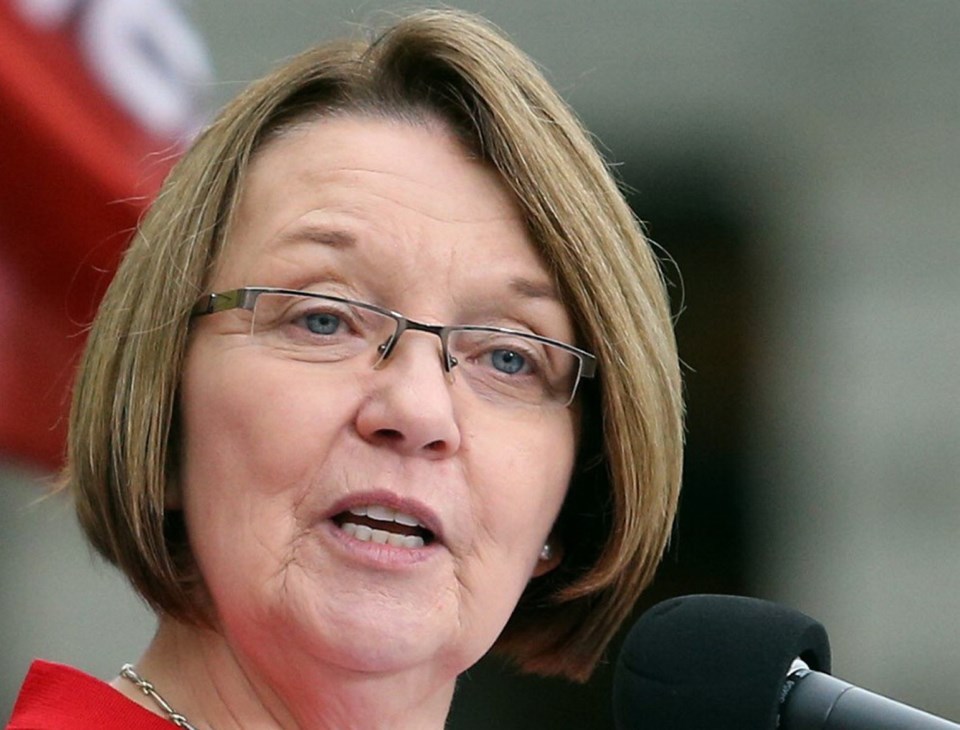B.C.’s minimum wage will increase 20 cents to $10.45 in September and future raises will be tied to increases in the province’s Consumer Price Index, Jobs Minister Shirley Bond announced Thursday.
The wage for liquor servers will rise to $9.20 an hour from $9, while daily, monthly and piece rates for farm workers and other labourers will increase proportionate to the minimum wage.
“Moving forward in our province, the minimum-wage increases will be predictable,” Bond said. “We’re confident that with a growing economy that we will see the CPI move up and we will protect the minimum wage should there be negative inflation.”
Future increases will be announced in March to take effect Sept. 15, and will be calculated based on the percentage of the CPI increase in the previous calendar year.
The index has gone up one per cent to two per cent a year over the past decade, government said.
The B.C. Federation of Labour, which has been campaigning for a $15-an-hour minimum wage, called the 20-cent raise “pathetic and inadequate.”
“We will continue to have hundreds of thousands of people living below the poverty line even though they work full time,” president Irene Lanzinger said.
She said that tying the current minimum wage to CPI amounts to “indexing poverty.”
“If you assume a two per cent inflation rate, it will take until 2034 to get the $15-an-hour wage — a wage [in U.S. dollars] that will very shortly be in place in Seattle, in San Francisco, in Sea-Tac, in large parts of the hospitality industry in Los Angeles.”
Bond said B.C. is the last province to take a systematic approach to setting its minimum wage.
Alberta uses a formula that links increases to average weekly earnings and the CPI, which measures changes in price for representative goods and services. Saskatchewan adds a third measure based on a basket of goods and services that a family would typically purchase.
The minimum wage is $10.20 in Alberta and Saskatchewan.
Bond acknowledged that adopting the method used in those provinces could result in higher increases to the minimum wage.
But she argued that the B.C. government offers other supports to low-income people, such as tax breaks, housing supplements and rental supports.
“So this is a very thoughtful process that said: ‘Minimum wage is one part of this,’ ” she said.
“We think that the B.C. CPI is a reasonable approach, and we also know that we’re doing a number of other things that will support these families moving forward.”
She noted that the average hourly wage in B.C. is nearly $25, while the average wage for youth is more than $14 an hour.
The government said that half the 110,000 people earning minimum wage live at home with their parents.
But NDP critic Shane Simpson said that still leaves tens of thousands of people in B.C. who rely on the minimum wage to support their families. “We need to realize that there are a lot of people out there who aren’t making a living who go to work every day, eight hours a day, five days a week.”
The Business Council of B.C. issued a statement expressing support for the “fair and predictable” approach to setting the minimum wage.
Executive vice-president Jock Finlayson said the new policy will allow employee wages to keep pace with inflation, while giving small businesses a tool to manage labour costs.



